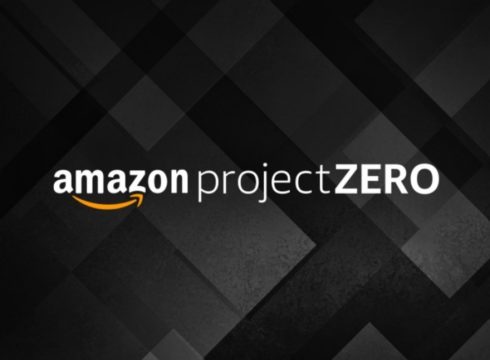SUMMARY
Over 7K brands are already associated with Amazon’s Project Zero globally
Indian brands also participated in the pilot implementation of Project Zero
Seller bodies in India have called for stiff penalties for counterfeits
Inc42 Daily Brief
Stay Ahead With Daily News & Analysis on India’s Tech & Startup Economy
More than a year after the Delhi High Court summoned Amazon India for selling counterfeit products on its platform, the US-based ecommerce giant has now announced to roll out its “Project Zero” to India. The global project was initially launched by Amazon in February 2019.
According to a Livemint report, Project Zero will ensure that customers receive authentic goods when shopping on the ecommerce platform.
With additional proactive mechanisms and powerful tools to identify, block and remove counterfeits, over 7K brands are already associated with Amazon’s Project Zero across US, Europe and Japan. In India, a number of brands have participated in the pilot project to help Amazon to test Project Zero in the country.
In a press statement, Amazon’s global vice president of customer trust and partner support, Dharmesh M Mehta said that small and emerging Indian entrepreneurs, as well as large multinational brands, will help the ecommerce company to bring down the number of counterfeits on its marketplace to zero.
How Project Zero Tackles The Problem of Counterfeits?
For Amazon’s Project Zero, the ecommerce company claims that it uses a mix of three powerful tools — automated protections, self-service counterfeit removal tool and product serialisation.
In a blog, Amazon said that automated protections continuously scans stores and proactively removes suspected counterfeits. Brands providing their logos, trademarks, and other key data about their brand will help Amazon scan over 5 Bn product listings every day, looking for suspected counterfeits.
The self-service counterfeit tool provides brands the ability to remove counterfeit listings themselves. This information is also fed into the company’s automated protections enabling Amazon to catch potential counterfeit listings proactively in the future.
On the other hand, product serialisation is going to be enabled by unique code that brands apply within their manufacturing and packaging process, allowing Amazon to individually scan and confirm the authenticity of every single product.
Ecommerce’s Problem With Counterfeits
To increase product sales, ecommerce companies involve themselves in practices like offering great discounts, marketing mix, etc. However, in the past, these ecommerce companies have let counterfeit products slip in.
Recently, the consumer affairs ministry has also stepped up against the selling of counterfeit products in the country. The ministry, on Tuesday, rolled out a set of draft rules under the Consumer Protection (e-Commerce) Rules, 2019, which directs ecommerce companies to take down sellers selling counterfeit products.
Additionally, the draft says that the ecommerce player will be held guilty and secondary liable, if it has made an “assurance” vouching for the authenticity of a product, but it turns out to be a fake.
Moreover, the ecommerce platform will now have to ensure that ads for products are in line with the features they provide. The marketplaces will also be held responsible for mentioning the safety and healthcare information of goods and services advertised for sale.
Note: We at Inc42 take our ethics very seriously. More information about it can be found here.


